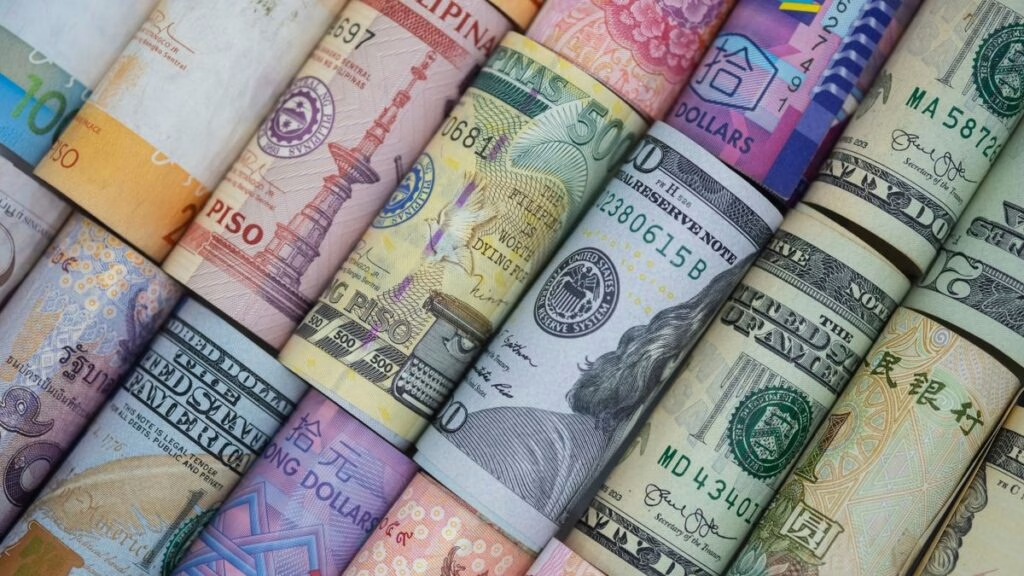The interim government’s efforts to recover billions of dollars laundered abroad during the 15-year tenure of the Awami League regime have been “paralysed,” as authorities have yet to even finalise a draft law in this regard, 13 months after taking office.
With officials unable to provide a timeline for finalising the draft law, doubts are growing about the government’s ability to deliver on one of its key promises.
This comes as an election roadmap has already been set for February next year, which will mark the end of the Yunus-led government.
The interim government estimates that between $75 billion and $100 billion was siphoned out of the country during the Awami League period, which was brought to an end by the student-led mass uprising on 5 August last year.
In March this year, chief adviser’s Press Secretary Shafiqul Alam told journalists that a special law on asset recovery would be introduced “very soon,” with a draft expected the following week. Nearly 26 weeks later, no such draft has surfaced.
According to sources within the finance ministry, the government has yet to make a decision on whether the new law will allow civil cases or provide the option of recovering funds through settlements with money launderers.
Meanwhile, analysts say there is a lack of coordination among the agencies overseeing the asset recovery process – the Bangladesh Financial Intelligence Unit (BFIU), the Criminal Investigation Department (CID), and the Anti-Corruption Commission (ACC).
Despite this, the government appears to have no plans to centralise these efforts under a single agency, unlike neighbouring countries such as India and Sri Lanka.
Currently, Bangladesh’s Anti-Money Laundering Act allows only criminal prosecution. Since it came into force in 2012, there has been no record of funds recovered under the law.
“The process is paralysed by theoretical debates,” said Ahsan H Mansur, governor of the Bangladesh Bank and chair of the government’s asset recovery taskforce.
He told TIMES of Bangladesh, “We cannot decide whether to go the civil or criminal route. Without clarity, the government is unlikely to make any decision at all.”
Experts say the delays are undermining confidence. “The government has failed to act with urgency,” said Mustafa K Mujeri, former director general of the Bangladesh Institute of Development Studies.
“The more time traffickers get, the more secure their illicit wealth becomes. Recovery is getting increasingly difficult,” he told TIMES.
Officials at the finance ministry acknowledge internal disagreements over the process of recovering laundered assets.
“We have yet to decide whether the law should allow civil suits and settlements,” said one senior official, speaking on condition of anonymity. “These are critical issues that could determine the success or failure of the recovery efforts.”
Weak institutions, fragmented enforcement
Bangladesh’s neighbours have moved faster and seen results in recovering laundered assets. Sri Lanka, in April, passed the Proceeds of Crime Act 2025, empowering a single agency to seize illegal assets without a court ruling.
The law also allows civil suits and settlements, which Transparency International Sri Lanka described as a “landmark reform” that has accelerated the recovery process.
India has been enforcing its Prevention of Money Laundering Act since 2018, using it to seize assets worth billions. In FY25 alone, New Delhi’s Enforcement Directorate recovered 230 billion rupees and returned more than 150 billion rupees to victims and banks through court-approved settlements.
Pakistan has also scored successes. In 2019, it repatriated £190 million from the UK through a civil settlement with Britain’s National Crime Agency.
By contrast, Bangladesh’s fragmented institutional setup has hampered progress. The BFIU investigates cases before passing them to the CID and the ACC. Both must petition courts to seize assets – a process that can take months or even years.
“The issue of bringing recovery under a single agency has not been raised in our meetings,” said Additional Secretary of the Financial Institutions Division Md Azimuddin Biswas. “Agencies will continue to act within their respective jurisdictions.”
Experts say this lack of coordination, combined with a purely criminal-law approach, leaves Bangladesh trailing behind its peers.
“Globally, most asset recovery is pursued through civil cases,” said Ahsan H Mansur. “But our laws are designed with criminal prosecutions in mind, and our institutions lack the capacity to prove such cases. Unless we shift toward civil remedies, we will not get far.”
No indication of how long it may take
With the draft law still incomplete, uncertainty persists. Asked how long it would take to finalise the draft, Additional Secretary Md Azimuddin Biswas said, “We actually don’t know. But the law is a government priority and will be completed as soon as possible.”
Financial Institutions Division Secretary Nazma Mobarek said the process was “at its final stage.”
In a press release on 14 June, the Bangladesh Bank announced its goal to prioritise 30 money laundering cases by 2025.
To achieve this, the government is aiming to raise a fund of $100 million. However, central bank’s spokesperson Arief Hossain Khan said this fund has yet to be collected.
He further said due to the lack of a clear direction on how to proceed, there has been no visible progress on the priority cases.


